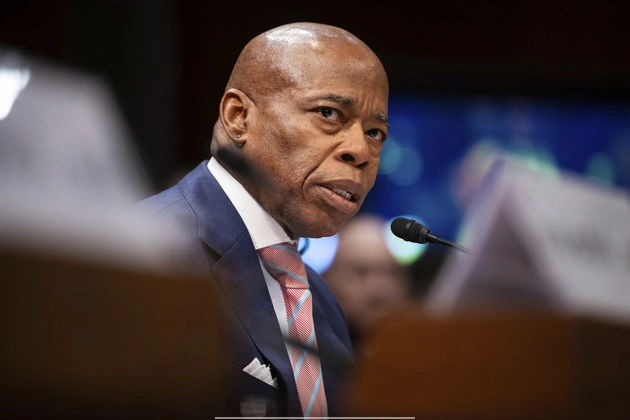
In a twist of events, the Working Families Party (WFP) has endorsed Justin Brannan for city comptroller, despite his moderate stance and ties to law enforcement unions. This move highlights the evolving nature of New York City politics, where candidates no longer neatly fit into traditional party molds.
The Changing Political Landscape
Mark Levine, Brannan’s opponent and Manhattan Borough President, also deviates from the WFP’s agenda, which has transitioned from pragmatic unions to activist organizations in recent years. This shift reflects a broader change in New Yorkers’ political preferences toward more centrist views.
Adapting to the Times
Ana María Archila, co-director of the New York WFP, emphasized the party’s evolving approach, focusing on issues like police accountability and advocating for increased government support for low-income families. These strategic moves aim to resonate with a wider voter base amid changing economic and political landscapes.
Brannan’s Appeal and Challenges
Brannan’s tenure as the chair of the council’s finance committee and his efforts in protecting essential services have positioned him favorably with the WFP. Despite his alignment with progressive figures like Sen. Bernie Sanders, Brannan’s ties to law enforcement and moderate Democrat label present a unique challenge for the party.
Political Complexity and Coalition Building
Brannan’s diverse voter coalition spanning from Brooklyn to the Bronx underscores his ability to transcend traditional party labels. His campaign emphasizes tangible improvements for working families, resonating with the core values of the WFP.
Looking Ahead
As the race unfolds, the WFP’s endorsement of Brannan marks a strategic decision amidst a changing political landscape. Both Brannan and the WFP aim to navigate complexities and deliver meaningful change, challenging conventional political narratives.















